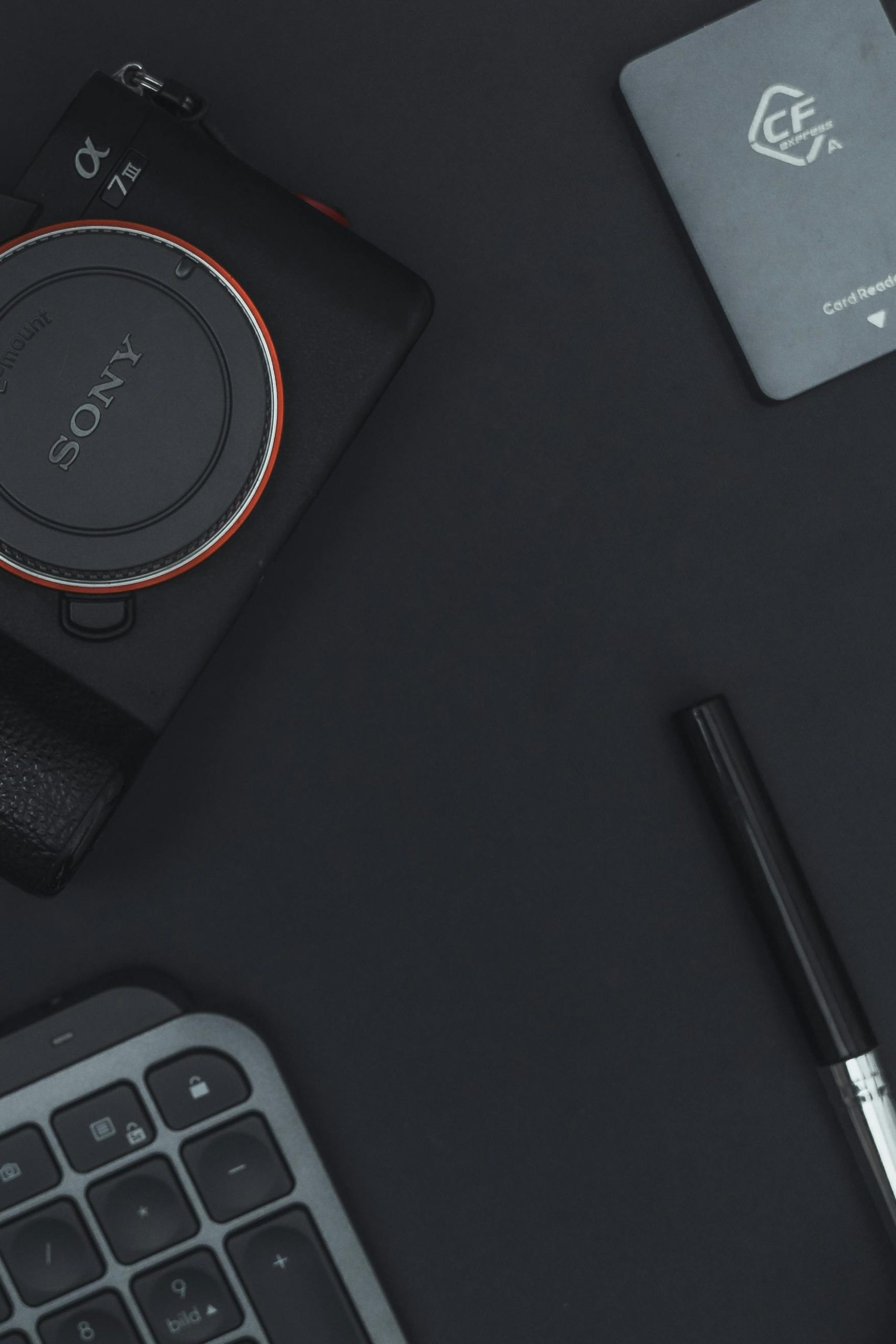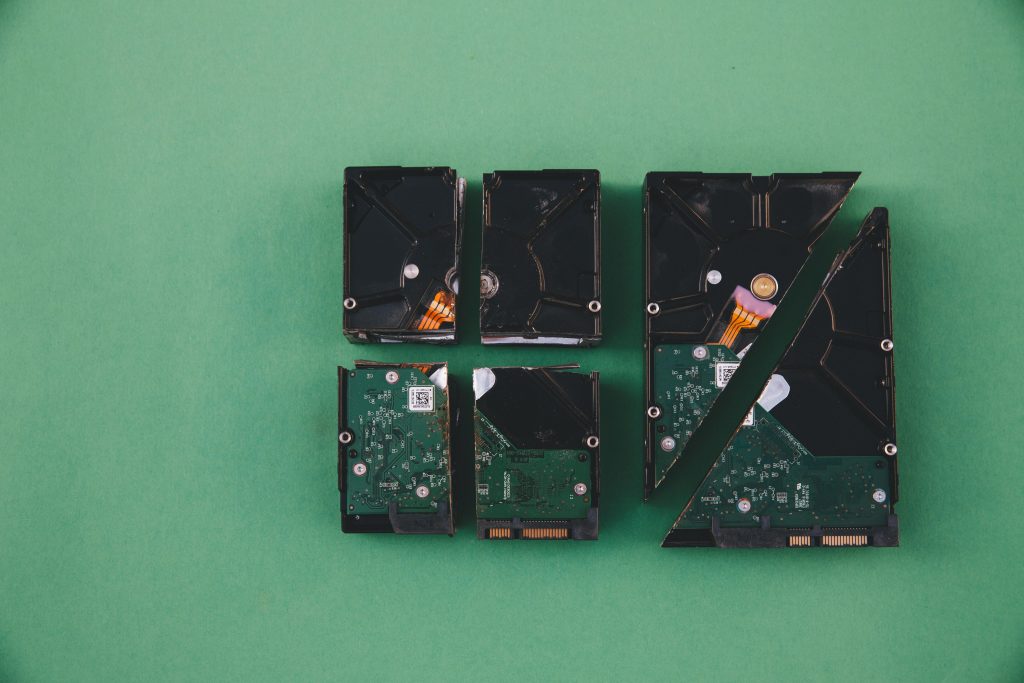Understanding Data Recovery Challenges for Sony CFexpress Type A CEA-G320T: A Technical Perspective
In the realm of professional photography and videography, reliable storage media are paramount. Recently, a seasoned user encountered an unexpected data loss scenario involving a Sony CFexpress Type A card, model CEA-G320T, which presented unique challenges due to its advanced memory architecture. This case highlights the complexities associated with retrieving data from monolith NAND flash storage embedded with LDPC error correction, especially when support from manufacturers is limited.
Case Overview
Device Details:
– Model: Sony CFexpress Type A (CEA-G320T)
– Storage Capacity: 320GB
– Filesystem: exFAT
– Usage Context: Dual-slot recording with Sony A7S III, capturing wedding footage
– Operating Environment: macOS for ingest and editing, supplemented by laboratory recovery systems
Incident Synopsis:
After completing a full wedding shoot, the card became entirely unresponsive. It failed to mount or be recognized by standard readers, showing no visible signs of mechanical failure or prior warnings. The event occurred during relay recording, where the camera switches to the next available card, suggesting an abrupt error rather than gradual degradation.
Recovery Efforts and Technical Challenges
Initial Diagnosis:
The recovery team identified the NAND flash as a monolithic structure employing LDPC (Low-Density Parity Check) error correction algorithms. This architecture is designed to enhance data integrity but complicates recovery when corruption occurs.
Key Obstacles:
– Lack of publicly available pinout data for the specific model’s controller.
– The stored data appears to be formatted in a parity-based scheme, necessitating proprietary decoding methods tied to the original controller hardware.
– Attempts to access raw NAND data through dump and decode processes have been unsuccessful, hindered by the inaccessible LDPC structures and unknown voltage references.
– Without knowledge of the controller’s logic or the physical pinout, low-level hardware emulation remains a significant challenge.
Ongoing Efforts:
One specialized team is working on custom tooling to emulate or bypass the controller, a process projected to take weeks with no guaranteed success.
Manufacturer Support:
Disappointingly, direct communication with Sony yielded limited assistance—no detailed specifications, controller insights, or decoding protocols were provided, underscoring the proprietary nature of these advanced memory modules.
Expert Queries and Community Considerations
The recovery community and professionals are actively discussing potential avenues:
1. Success stories involving LDPC-encoded CFexpress cards are scarce; most data recovery specialists emphasize
Share this content:



